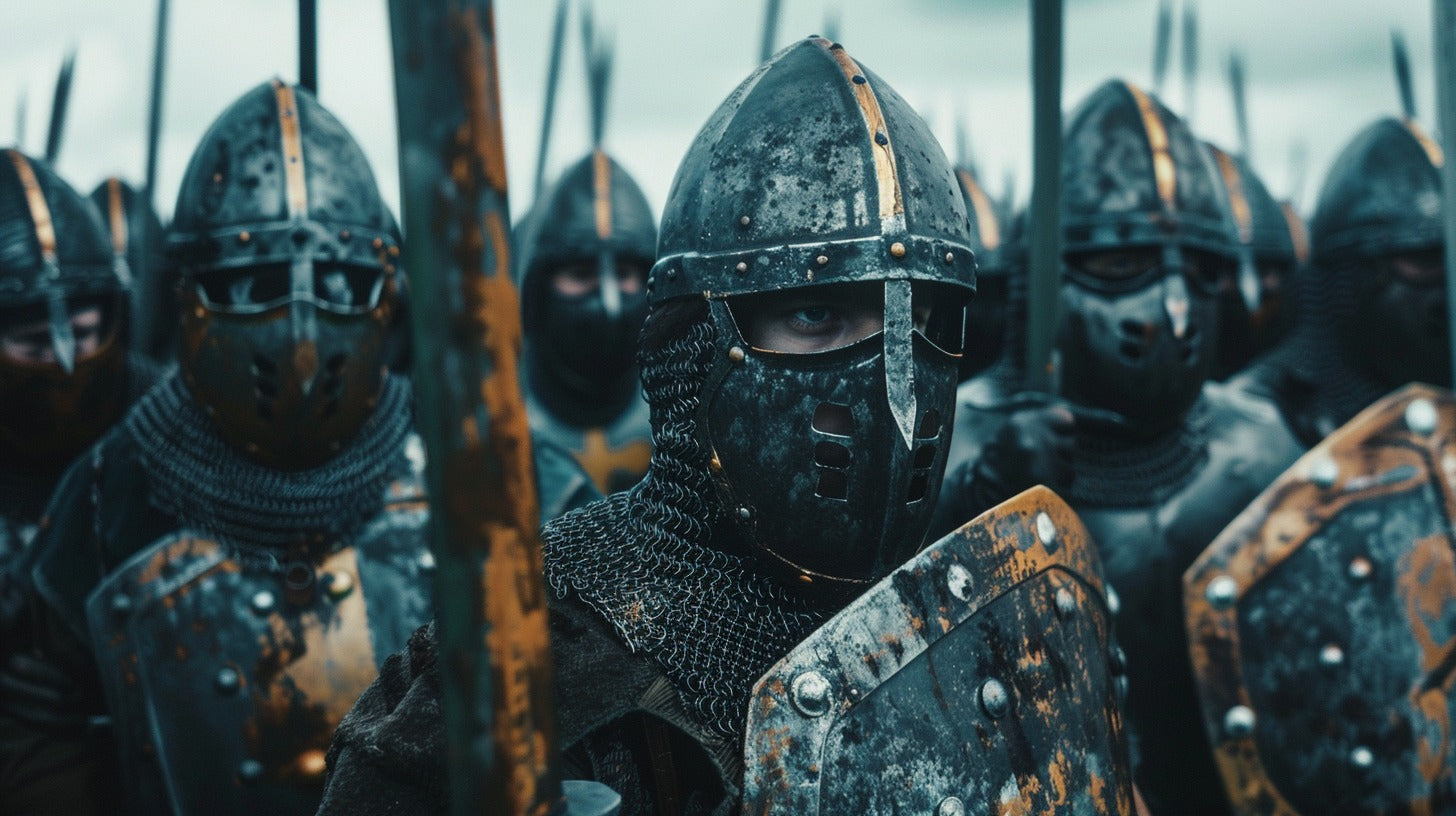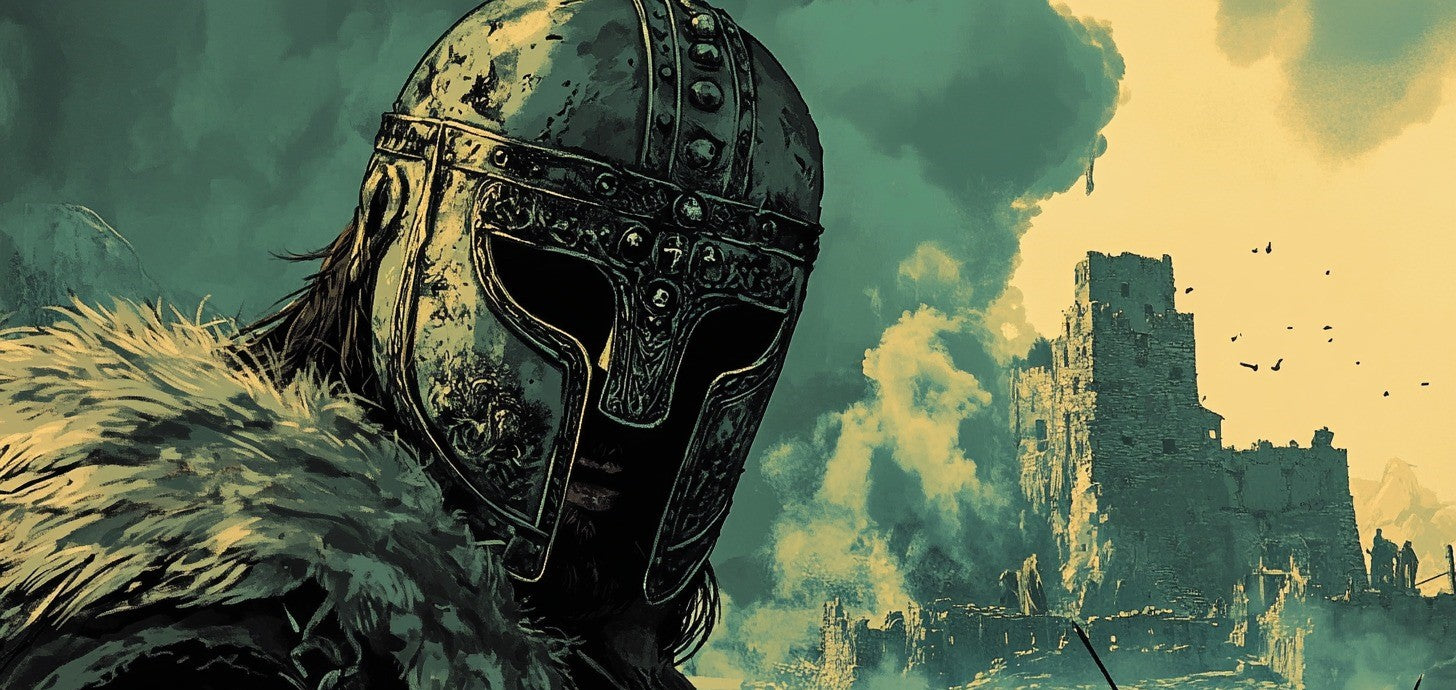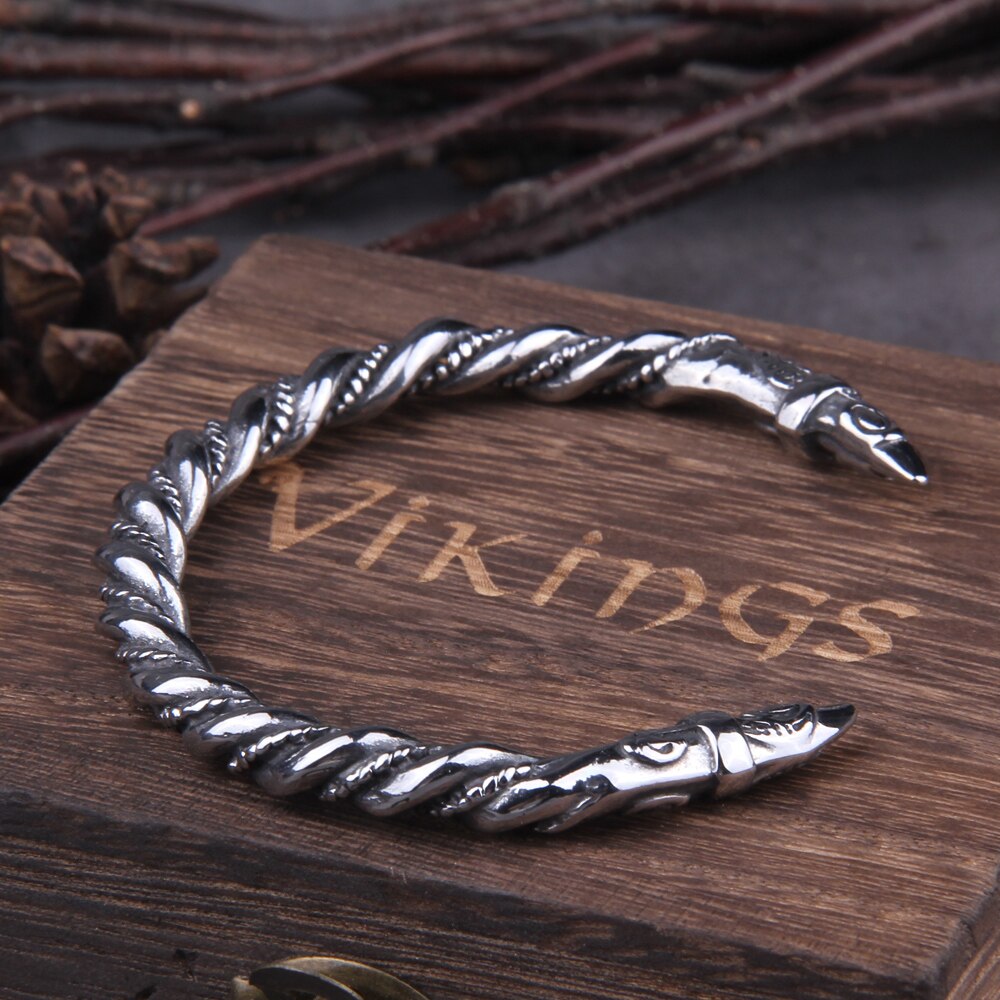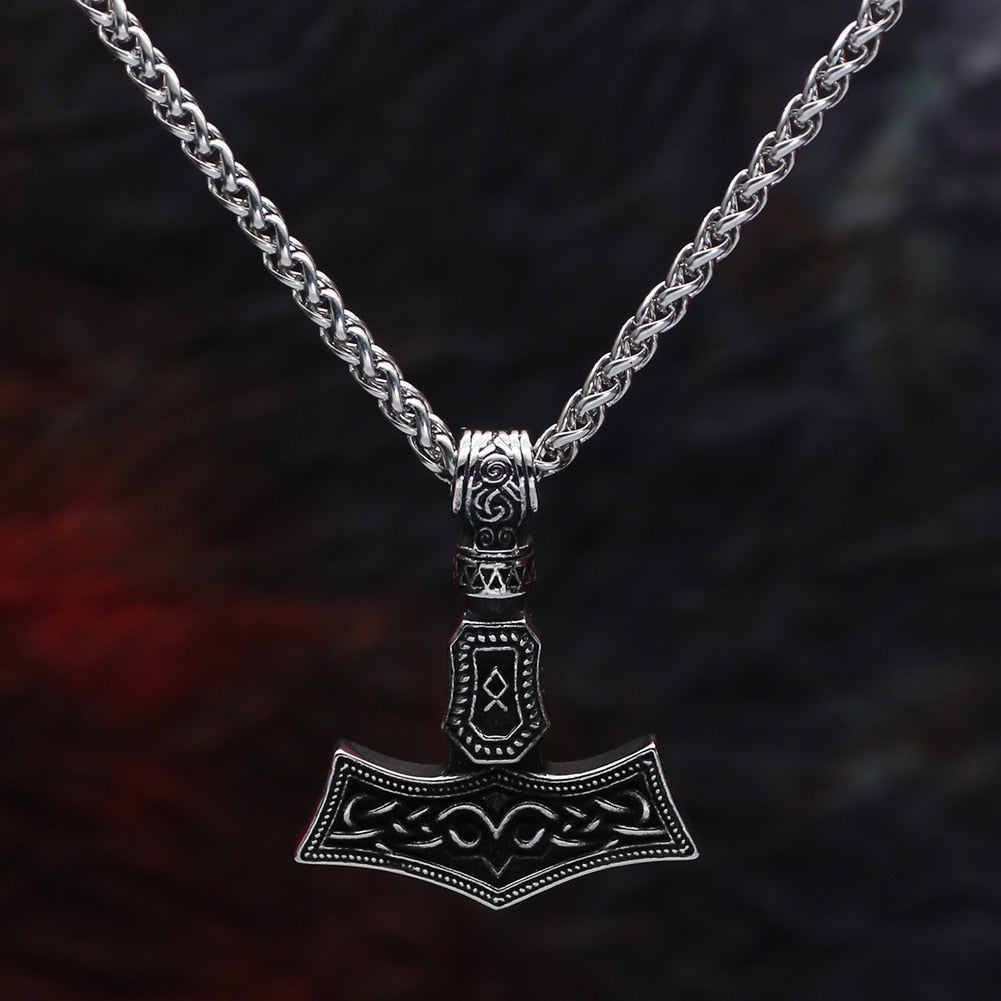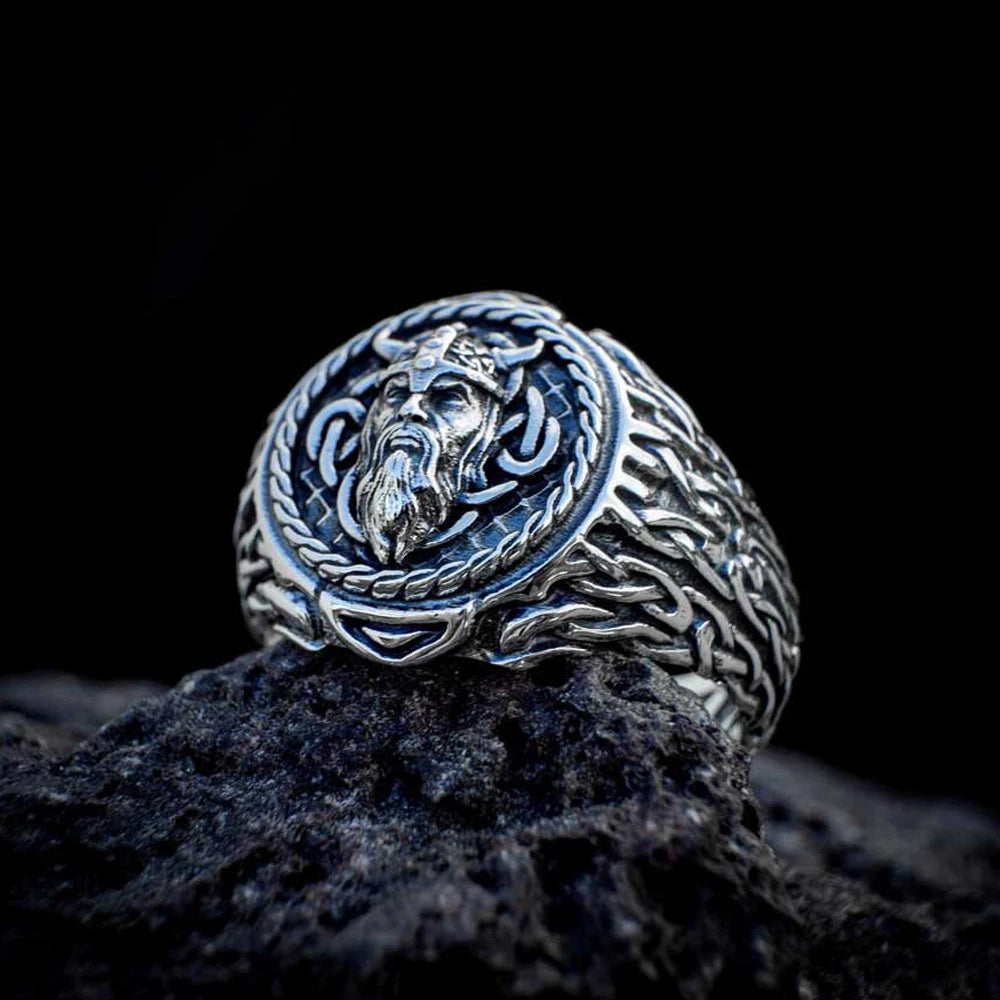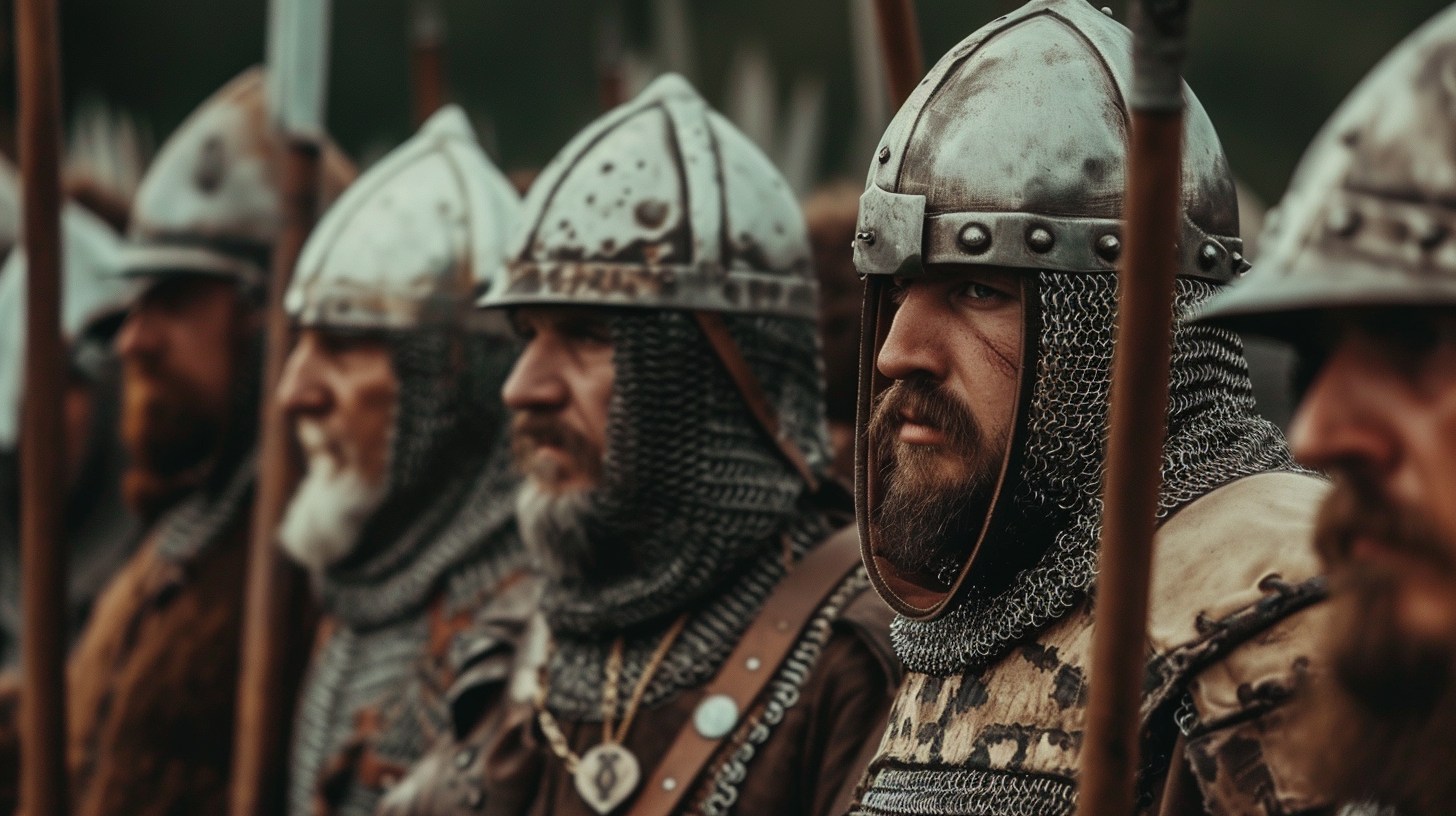
The Battle of Brunanburh: An Epic Clash in Anglo-Saxon Britain
Deep in the annals of Anglo-Saxon history lies the tale of the Battle of Brunanburh, a pivotal conflict that forever altered the course of Britain. This legendary clash, etched into the verses of the Old English epic poem "The Anglo-Saxon Chronicle," stands as a testament to the valor and determination of those who fought for supremacy on the fields of battle.
Historical Context
The year was 937 CE, and the Kingdom of England was a patchwork of rival kingdoms and alliances vying for dominance. King Athelstan, the grandson of Alfred the Great, had united the Anglo-Saxon territories and sought to establish his authority over the island. However, his ambitions were met with fierce opposition from a formidable alliance of Norse-Gaels and Strathclyde Britons, setting the stage for an epic confrontation.
The Combatants

The Anglo-Saxons
On one side stood the Anglo-Saxon forces, led by the indomitable King Athelstan. A skilled warrior and shrewd strategist, Athelstan had forged a formidable army, drawing strength from the united Anglo-Saxon kingdoms.
King Athelstan
Known as the "King of the English," Athelstan was a charismatic leader whose ambition knew no bounds. Determined to solidify his hold over the island, he rallied his troops, ready to face the impending threat.
The Allied Forces
Opposing Athelstan's forces was a powerful coalition of unlikely allies – the Norse-Gaels and the Strathclyde Britons, sworn enemies united by a common desire to thwart the Anglo-Saxon king's aspirations.
The Norse-Gaels
Hailing from the rugged Scottish isles and Ireland, the Norse-Gaels were a fearsome force to be reckoned with. Descended from Viking settlers and Celtic inhabitants, they brought a lethal combination of seafaring prowess and fierce warrior spirit to the battlefield.
The Strathclyde Britons
The Strathclyde Britons, a kingdom encompassing parts of modern-day Scotland and northern England, joined forces with the Norse-Gaels in a bid to preserve their independence from Anglo-Saxon dominance.
The Battle

Prelude to Conflict
Tensions had been simmering between the rival factions, with skirmishes and raids escalating into open hostilities. The stage was set for a decisive clash, and both sides mustered their forces, converging on a site near the ancient kingdom of Northumbria.
The Clash of Armies
On the fateful day, the air was thick with the cries of warriors and the clashing of steel. The Anglo-Saxons, bolstered by their unity and Athelstan's leadership, clashed against the relentless onslaught of the Norse-Gaelic and Strathclyde forces.
Key Moments and Tactics
As the battle raged, both sides employed cunning tactics and daring maneuvers. The Anglo-Saxons formed a formidable shieldwall, a defensive tactic that proved instrumental in withstanding the initial assaults. The allied forces, on the other hand, unleashed a barrage of arrows and javelins, seeking to break the Anglo-Saxon ranks.
Amidst the chaos, legendary acts of valor emerged. King Athelstan himself was said to have fought with the ferocity of a lion, rallying his troops and leading from the front lines. The battle ebbed and flowed, with the tide of victory shifting precariously.
Aftermath and Significance

Casualties and Outcome
When the dust finally settled, the fields of Brunanburh were stained with the blood of countless warriors. The allied forces, despite their initial onslaught, had been decisively defeated, with their leaders fleeing or perishing in the fray.
Impact on Anglo-Saxon England
The victory at Brunanburh solidified Athelstan's position as the preeminent ruler of Anglo-Saxon England. It paved the way for the eventual unification of the island under a single monarch, laying the foundations for the future Kingdom of England.
Cultural Legacy
The Battle of Brunanburh resonated far beyond its immediate aftermath, becoming an enduring symbol of Anglo-Saxon pride and martial prowess. Poets and bards immortalized the clash in verse, weaving tales of valor and heroism that would inspire generations to come. Even in modern times, the legendary battle has captured the imagination of writers and filmmakers, with interpretations such as its depiction in the historical fiction novels series "The Last Kingdom" in its 13th and final book, and its TV series counterpart "Seven Kings Must Die," keeping the legacy of Brunanburh alive for contemporary audiences.
Conclusion
The Battle of Brunanburh stands as a testament to the resilience and determination of those who fought on that fateful day. It was a clash that echoed through the ages, shaping the course of history and leaving an indelible mark on the cultural tapestry of Britain. From the annals of the Anglo-Saxon Chronicle to the works of modern historians, the legend of Brunanburh endures, a reminder of the courage and sacrifices made in the pursuit of glory and power.
FAQs
- Where did the Battle of Brunanburh take place?
- The exact location of the battle is uncertain, but it is believed to have occurred near the ancient kingdom of Northumbria, in what is now northern England or southern Scotland.
- Who were the main combatants at the Battle of Brunanburh?
- The main combatants were the Anglo-Saxons, led by King Athelstan, and an allied force of Norse-Gaels and Strathclyde Britons.
- What was the significance of the Battle of Brunanburh?
- The Battle of Brunanburh was a decisive victory for King Athelstan and the Anglo-Saxons, solidifying their dominance over the island and paving the way for the eventual unification of England.
- How is the Battle of Brunanburh remembered in Anglo-Saxon literature?
- The Battle of Brunanburh is immortalized in the Old English epic poem "The Anglo-Saxon Chronicle," which vividly describes the clash and the valor of the warriors involved.
- What impact did the Battle of Brunanburh have on Anglo-Saxon culture and identity?
- The victory at Brunanburh became a source of immense pride for the Anglo-Saxons, reinforcing their martial prowess and cultural identity. It inspired poets and bards to create works celebrating the battle and its heroes.
